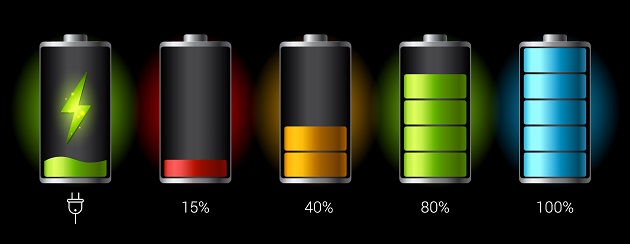Extreme weather driven by climate change is making power outages more commonplace even as the need for electricity-dependent home health equipment grows. In this context, battery storage can help protect medically vulnerable households, according to researchers at Columbia University Mailman School of Public Health. The article is published in the journal Futures.
For the millions reliant on electricity for home medical equipment, even short-term power outages can lead to a potentially life-threatening situation. Society’s most vulnerable populations—elders, the ill, and the poor—face the greatest risks. Only a fraction of individuals who rely on medical equipment like oxygen concentrators, nebulizers, ventilators, dialysis, and sleep apnea machines have an alternative source of power to use in the event of an outage. During outages related to the 2019 Camp Fire in Northern California, vulnerable residents reported complications, including one man who awoke when his sleep apnea breathing machine failed in the middle of the night and he couldn’t breathe. One woman had to spend the night in her wheelchair because her special mattress required electricity to remain inflated.
The researchers call for policies to support resilient power systems—ideally, battery storage paired with solar photovoltaics—that provide clean, reliable emergency backup power by storing electricity for use when grid power is unavailable. One model is the California Self-Generation Incentive Program, which provides incentives for residential battery storage, and includes energy storage incentives for low-income residents. Additional lessons come from a study in Puerto Rico after Hurricane Maria, which found that residents preferred solar-powered battery backups to diesel generators due to ease of use, low cost, and elimination of fumes that exacerbate asthma and other lung conditions.
Community facilities like senior centers, public schools, and health centers often lack backup power, too. During an emergency, vulnerable residents typically turn to these facilities for heating/cooling, refrigeration to store perishable items and temperature-regulated medicines, lighting, and outlets to charge cell phones and medical equipment. Without backup power, critical facilities ultimately must limit operations or close entirely.








